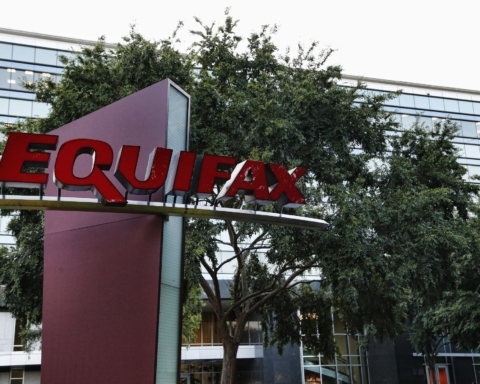A whistleblower at America’s 5th largest firm is suing his ex-employer, accusing the company of failing to protect him from “death threats.”
Teamsters Local 79 is an authorized union at McKesson Corporation, a San Francisco-based pharmaceutical distributor.
The union does not respond well to opposition, as Hillsborough County resident Lawrence Eaken found out the hard way.
For his part, Eaken did not mask his dislike for the union, voicing his “general opposition” to both company management and union members. This did not endear him to union members or management.
On Dec 29, 2015, Eaken found a death threat in his mailbox. The note called Eaken a “dog” and threatened that he would become “road kill” if he continued talking.
Although it did not state so directly, Eaken believed the note came from the union.
Eaken reported the threat to McKesson, his employer. The company violated his wish for confidentiality Jan. 11, 2016, when it confronted the employee believed was behind the threat. The following day, eight union members confronted Eaken on his way to the breakroom. The men physically blocked Eaken’s path, calling him names like “lap dog.”
One union business agent even told Eaken that, because we live in a free country, he could “go back to his house whenever he want[ed].”
Eaken was fired February 9.
In the suit, filed Dec. 1, McKesson is accused of four counts of negligently failing to protect him from co-workers who “put Eaken and his family in fear for his safety.” Eaken is requesting compensation for past, present and future anguish, lost wages, and attorney’s fees and costs.
Eaken was employed by McKesson for about 10 years, 2006 to 2016.
McKesson is the nation’s largest pharmaceutical distributor. Fortune 500 ranked it fifth in the list of largest publicly-traded companies based on revenue. In fiscal year 2016, McKesson, which calls itself “the central nervous system of health care,” posted revenue of nearly $191 billion.






